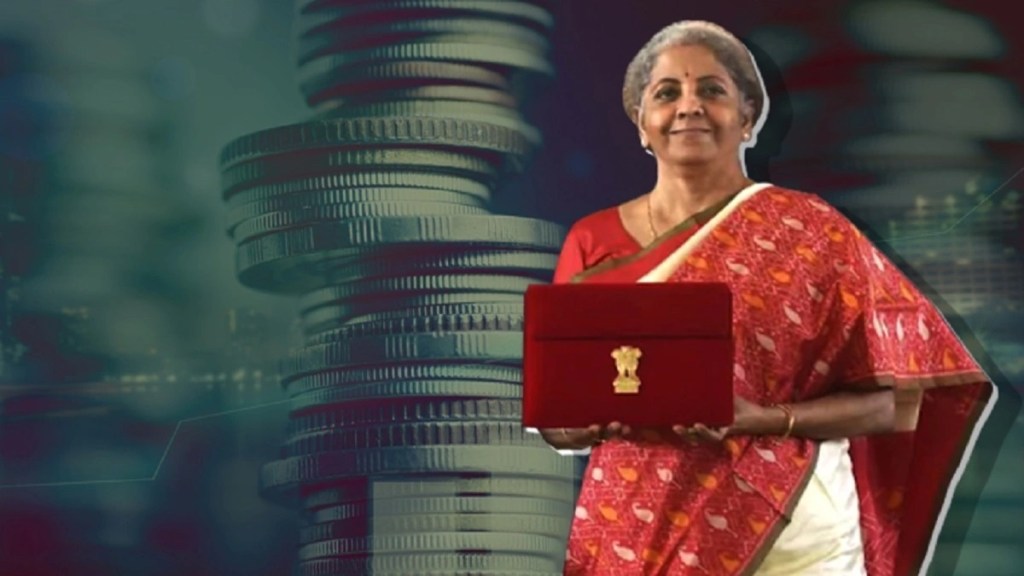The telecom operators reiterated their demand for a reduction in licence fee, removal of Goods and Services Tax (GST) on licence fee, spectrum usage charges, and spectrum payments, customs duty on imports, among others, in the upcoming Budget for 2023-24. The recommendations by the Cellular Operators Association of India (COAI), which represents major telecom operators, are focussed more towards ease of doing business for the sector, which in a way will restore the financial health of the operators, it said.
Among its key demands to the finance ministry, the telecom operators want the government to suspend their contribution to the Universal Service Obligation Fund (USOF) until the current balance is exhausted as well as lower the licence fee to 1% from 3% of the adjusted gross revenue (AGR). In total, the telcos pay 8% of their AGRs as licence fee to the government, out of which 5% goes to the USOF and the remaining 3% goes to the exchequer.
On exemption of GST for telcos on key charges, COAI said that telcos pay under reverse charge mechanism on supplies by government, and the input tax credit (ITC) arising out of this is creating a huge imbalance with outward liabilities and involves heavy cost of funds for compliance. While the tecos also seek a refund of over Rs 32,000 crore with regard to ITC, they have also suggested the government to use the balance towards payment under reverse charge mechanism on government services.
“Telcos are constantly upgrading infrastructure to keep up with the new-age technologies. However, the required facility to manufacture the equipment has not yet been set up in India. Therefore, telcos are dependent on imports. Considering the financial health of the industry and the huge investments underway…relaxation in import duties will go a long way in helping us to realise our dream of an ‘Atmanirbhar Bharat’,” said SP Kochhar, director general of COAI.
However, according to sources, the Budget will skip the key demands of the telecom sector and the government’s focus will largely be around fund allocation from the USOF for last-mile connectivity and different R&D projects, BharatNet project for broadband connectivity in rural areas, and the allocation of funds for state-owned BSNL from the already approved package.
As part of its other recommendations, COAI has asked the government to clearly define various terms being used in tariff/exemption notifications for different equipment, to reduce disputes. Further, it wants an exemption from the basic customs duty of 20% which is levied on import of most of telecom equipment like optical transport equipment/network, IP radios, MIMO/LTE products, soft switches, etc.
“The industry body suggested to exempt the levy of BCD charges as it will be beneficial towards importing essential equipment, which will further help in the deployment and smooth roll-out of 5G in India,” COAI said.
With regard to direct taxes, COAI has urged the government to introduce a special regime for the telecom operators under Section 72 of the Income Tax Act, 1961, wherein the business losses can be carried forward and set-off till 16 assessment years from the existing 8 years.
“Lapse of business losses post eight years would be detrimental to the already distressed telecom industry as the income during the recovery phase will be subject to tax outflows and other committed pay-outs such as AGR related pay out, spectrum-related payout, etc,” COAI said.

